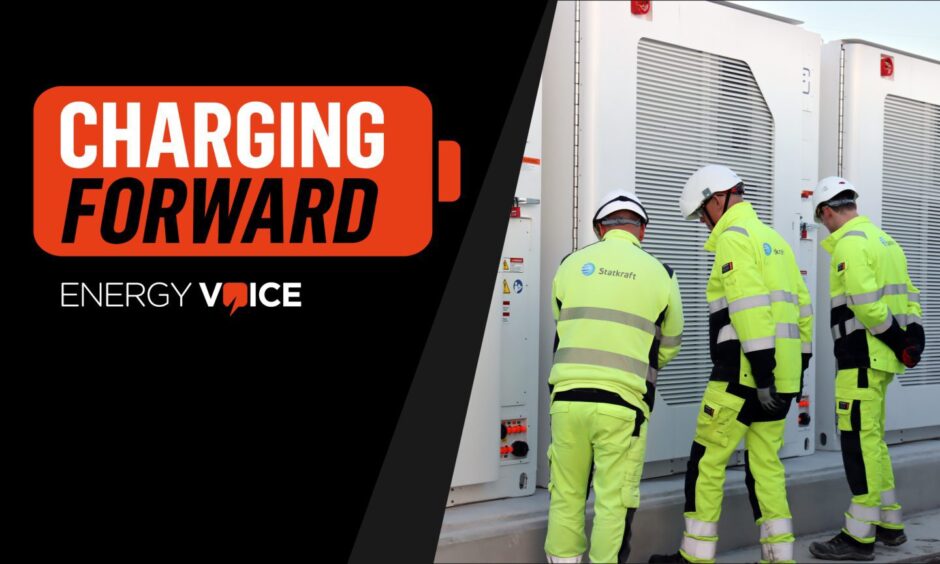
The number of renewable energy schemes, including battery storage, in Kintore has raised concerns the Aberdeenshire town is being “streamrolled into an industrial zone”.
Aberdeenshire West MSP Alexander Burnett said the ten projects within a 1.5 mile radius of Kintore will do “irreparable damage” to its “spectacular countryside”.
The Scottish Conservative member made the comments in response to a proposed battery energy storage system (BESS) and solar farm.
Glasgow-based Sustainability Unlimited lodged a planning application for a 40 MW BESS and 50 MW capacity solar farm at Leylodge in October.
It comes after XRE Gamma, a British-Chinese venture, received planning approval for a 49.9 MW BESS system in August.
Other projects in the area include Statera’s Kintore Hydrogen project, which is aiming to build a 500 MW green hydrogen plant by 2028, before scaling up to 3 GW. Statera is owned by Sweden’s EQT Infrastructure following a deal last year.
The company previously told Energy Voice that Kintore is “one of the best sites for green hydrogen in Western Europe”.
The combination of a major electrical substation, future access to abundant offshore wind resources and non-potable fresh water is making Kintore a popular site for renewable energy development.
But Burnett said the local community is concerned by the level of development.
“Kintore is being steamrolled into an industrial zone through an unjust transition which the community is overwhelmingly opposed to,” he said.
“People are rightly concerned about the irreparable damage that the high number of these giant developments on their doorstep will cause to the landscape.
“Not only is this causing trauma to residents but these endless applications, which are being approved with very little consultation, risks setting a planning precedent that would lead to the decimation of Kintore’s spectacular countryside.”
The pushback in Kintore highlights the challenge facing the UK and Scotland in building out renewable energy infrastructure in rural communities.
Energy Voice has contacted Sustainability Unlimited and XRE Gamma for comment.
Statkraft reaches Thornton BESS milestone
Norway’s Statkraft has reached a construction milestone at its £125 million Thornton Greener Grid Park with the arrival of the first of 620 battery units.
The 200 MW BESS project in West Yorkshire is the largest battery scheme in state-owned Statkraft’s international portfolio.
The company has a UK investment pipeline of more than £4bn, with almost 20 consented projects including two BESS schemes at Coylton and Neilston in Scotland.
The Thornton BESS project, which is expected to be operational in Autumn 2025, is part of a wider scheme which includes Soay Solar Farm.
Statkraft UK managing director Kevin O’Donovan said the company is committed to accelerating the transition to green energy and increasing the stability of the UK grid.
“We’re marking a significant construction at our Thornton Battery Energy Storage System, which is now a step closer towards supporting the increased deployment of renewable energy into the grid,” O’Donovan said.
“We’re on an exciting journey, with almost 20 projects waiting to be built across a range of technologies, as we continue to invest significantly in the UK’s renewable energy infrastructure, which will help bring down electricity bills for consumers and businesses and reduce carbon emissions for everyone.”
Invinity launches next-generation battery
Battery storage manufacturer Invinity Energy Systems (AIM:IES) has launched its next-generation grid-scale flow battery for general sale.
Invinity said it has designed its ‘Endurium’ vanadium flow battery for use in large-scale energy storage projects, up to 1 GWh “and beyond”.
The Endurium, designed alongside wind turbine maker Siemens Gamesa, can be configured for discharge durations spanning between four and 18 hours.
It also offers a lower cost of storage, greater energy density and simplified maintenance compared to its previous models while maintaining the same durability and longevity.
Invinity chief executive Jonathan Marren said the Endurium launch marks an “important step forward in unlocking low-cost, low-carbon energy on demand for all”.
“The commercial release of Endurium is an important milestone for Invinity and an essential step on our pathway to profitability,” Marren said.
For the UK and European markets, the Invinity will manufacture the Endurium battery at its production facilities in Scotland.
The company operates two manufacturing sites in Scotland’s Central Belt at Motherwell and Bathgate, alongside factories in Canada and the United States.
Pulse Clean Energy starts up Welsh BESS
Pulse Clean Energy has achieve successful energisation at its 22 MW/49.5 MWh BESS project in Aberdare, Wales.
The project marks the company’s first two-hour duration battery and the fifth of nine sites Pulse is converting from diesel generation to grid-scale battery storage.
Pulse, owned by Canadian pension fund Investment Management Corporation of Ontario, said the BESS at the Hirawun Industrial Estate has the capacity to power an estimated 48,000 homes at peak capacity.
Chief executive Trevor Wills said achieving start-up is a “milestone” for the company.
“Battery storage is crucial to strengthening the resilience of the grid and enable growth in renewable generation,” Wills said.
“The environmental impact of this project is far-reaching and will deliver significant benefits to the local communities in Aberdare and its surrounding areas, strengthening energy security, and establishing a cleaner, more sustainable future for Wales.”
The company financed the project using its £175m financing credit facility with Santander, Investec and the National Wealth Fund.
UK battery tech startup raises £4.4m
Watercycle Technologies Ltd has raised $5.6m (£4.4m) in a series A funding round led by Par Equity as part of a syndicate.
Watercycle said the investment will enable it to rapidly scale up and commercially deploy its technology which recovers critical raw materials.
The University of Manchester spin-out recently produced over 100kg of battery-grade lithium carbonate from UK-sourced brines in what it said is a “major breakthrough”.
The investment syndicate also includes the Greater Manchester Combined Authority (GMCA) , Aer Ventures and the University of Manchester Innovation Factory.
Watercycle founder and chief executive Dr Seb Leaper said the company is in a “stronger position than ever” following the investment backing.
University of Manchester Innovation Factory business development and investment director Roisin McCallion said Watercycle will look to scale its solutions globally.
“Their pioneering technology has the potential to make a profound contribution to addressing critical mineral supply challenges and advancing the international transition to green energy,” McCallion said.
Gresham House expects £45m earnings in 2025
Battery storage investor Gresham House Energy Storage Fund is forecasting £45m in earnings in 2025 as its chief executive says the UK BESS sector is “turning a corner”.
Outlining its three-year plan, Gresham House (LON:GRID) said it will continue efforts to improve its financial position as it targets £150m in EBITDA earnings by 2027.
The company said its focus on cash preservation had allowed the firm to manage the “challenging operational backdrop” in 2024, and it will reinstate its dividend next year.
Gresham House chief executive John Leggate said said the company is able to offer a “positive view” that the UK BESS sector is “on a path to improving performance”.
Investment bank Peel Hunt upgraded its outlook for Gresham House to an “outperform” rating “given the improving revenue backdrop” for British BESS.
Field tops Spanish storage grant process
UK battery storage developer Field has come out on top in a grant process run by the Spanish government for a 192 MWh project in the north of Spain.
Spain’s Institute for Energy Diversification and Savings (IDAE) gave Field’s application the highest score out of 300 applications.
Field general manager Toni Martinez said: “This award recognises not only the quality of our development work, but also the capability and expertise of our team to deliver solutions to the climate crisis in the energy market.
“We take pride in developing our projects in order to fully build and operate them ourselves, and actively contribute to the development of a greener, resilient and more flexible energy system in Spain.
“We look forward to continuing our work to deploy our battery storage projects for the benefit of the communities hosting them.”
Field expanded into Spain in July as part of plans to roll out hundreds of megawatts of storage in the country by 2030.
Including projects in the UK, the company has 4.5 GWh of projects currently in advanced stages of development across Europe.
Weeks later, investment firm CVC DIF invested £200m investment in Field to accelerate its expansion across Western Europe.
Centrica snaps up Belgian BESS
UK gas and electricity supplier Centrica (LON:CNA) has acquired an 18 MW battery storage project on the Dutch-Belgian border for an undisclosed fee.
Centrica chief executive Chris O’Shea said the company has “deep knowledge” of the Belgian market, having optimised the Terhills battery park for the past six years.
“We’ll continue to maximise the output of the batteries, helping to provide back-up to the renewables grid and encouraging the growth of solar and wind power in Belgium,” O’Shea said.
Centrica said it acquisition of the BESS site comes as part of its “green-focused growth and investment strategy”.
The plan will see Centrica build its annual capital investment to between £600m and £800m until at least 2028, focusing on areas like flexible energy storage, hydrogen and carbon capture.
The company currently has 300 MW of battery assets on contract, with plans for a 65 MW two-hour BESS project in Perthshire set to come online in 2028.
Meanwhile, in September Centrica acquired nine “ready to build” BESS projects in Sweden with a total capacity of over 100 MW from Swiss firm Fu-Gen AG.
UK to partner with Australia on energy storage
The UK and Australian governments signed a climate and energy partnership agreement the COP29 summit in Azerbaijan.
The partnership between the two countries was first announced at a Commonwealth heads of government meeting in Samoa in October.
The agreement focuses on net zero technology cooperation, including hydrogen, offshore wind, energy storage and clean transport.
The UK and Australia will work together to create common standards for the technologies, alongside strengthening cooperation on international climate action.
International news: Northvolt bankruptcy
Swedish battery manufacturer Northvolt has filed for bankruptcy in the United States in a major blow to Europe’s ambitions to grow its battery supply chain.
Chief executive and co-founder Peter Carlsson, who has led the firm since 2016, will also step aside, while the firm will lay off 1,600 people in Sweden.
The firm manufactures lithium-ion batteries for both EVs and BESS projects, in addition to working on next generation sodium-ion and lithium-metal technologies.
Northvolt said the move will allow it to restructure its debt and “appropriately scale the business to current customer needs”.
The company said the move will also open up access to around $245m in new sources of funding, and it will continue to “operate as usual during the reorganisation”.
But it could have costly implications for investors who have pumped nearly $10bn into the firm, with Volkswagen and Goldman Sachs each holding a roughly 20% stake.
Northvolt’s troubles also raise questions about whether European battery firms can ever compete with China in an industry crucial to the transition away from fossil fuels.
Nordic neighbour Norway is also looking to create a battery materials supply chain, but the potential collapse of Northvolt may give the country cause for concern.
Recommended for you


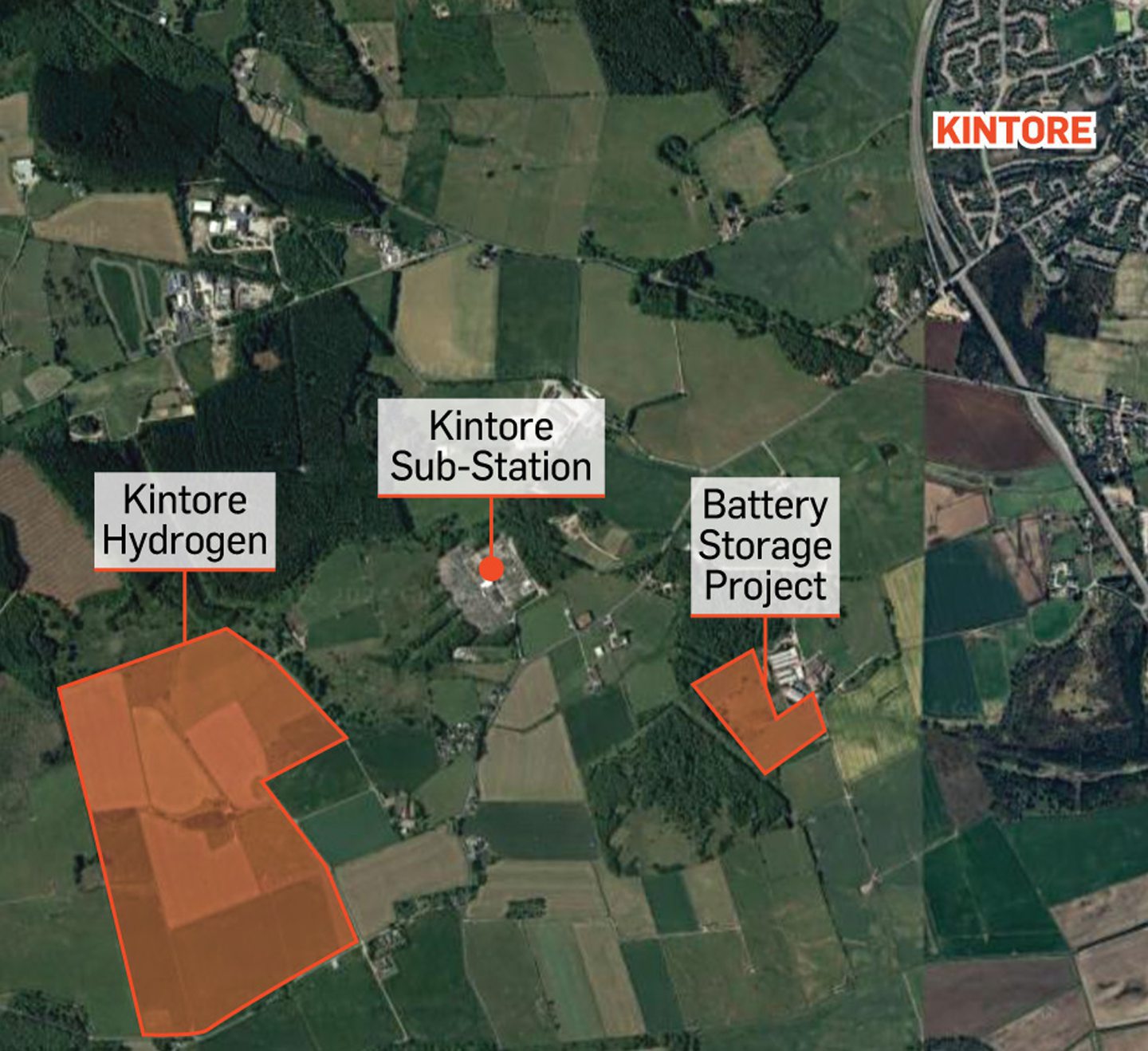 © Supplied by Design team
© Supplied by Design team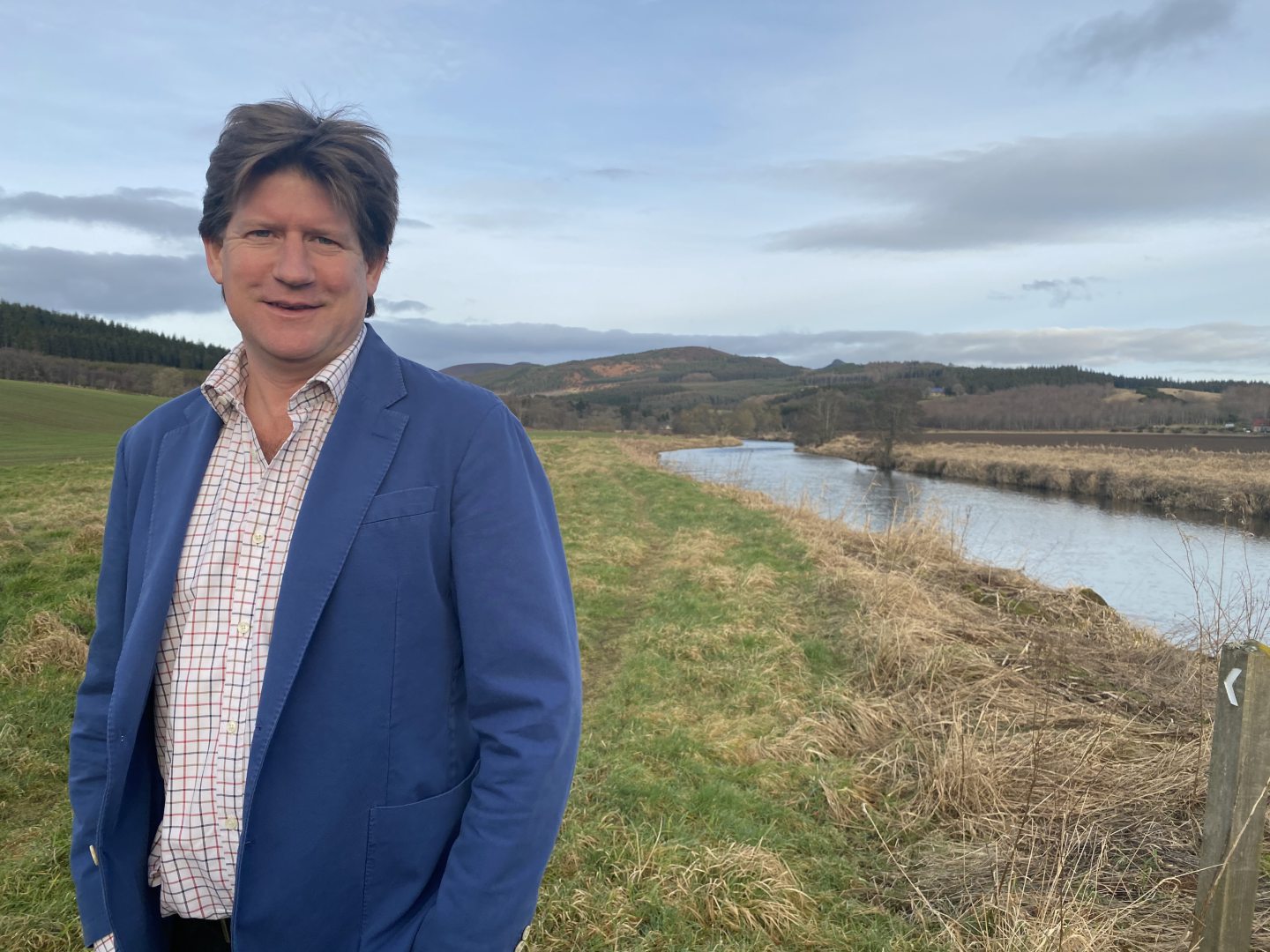 © Supplied by Scottish Parliament
© Supplied by Scottish Parliament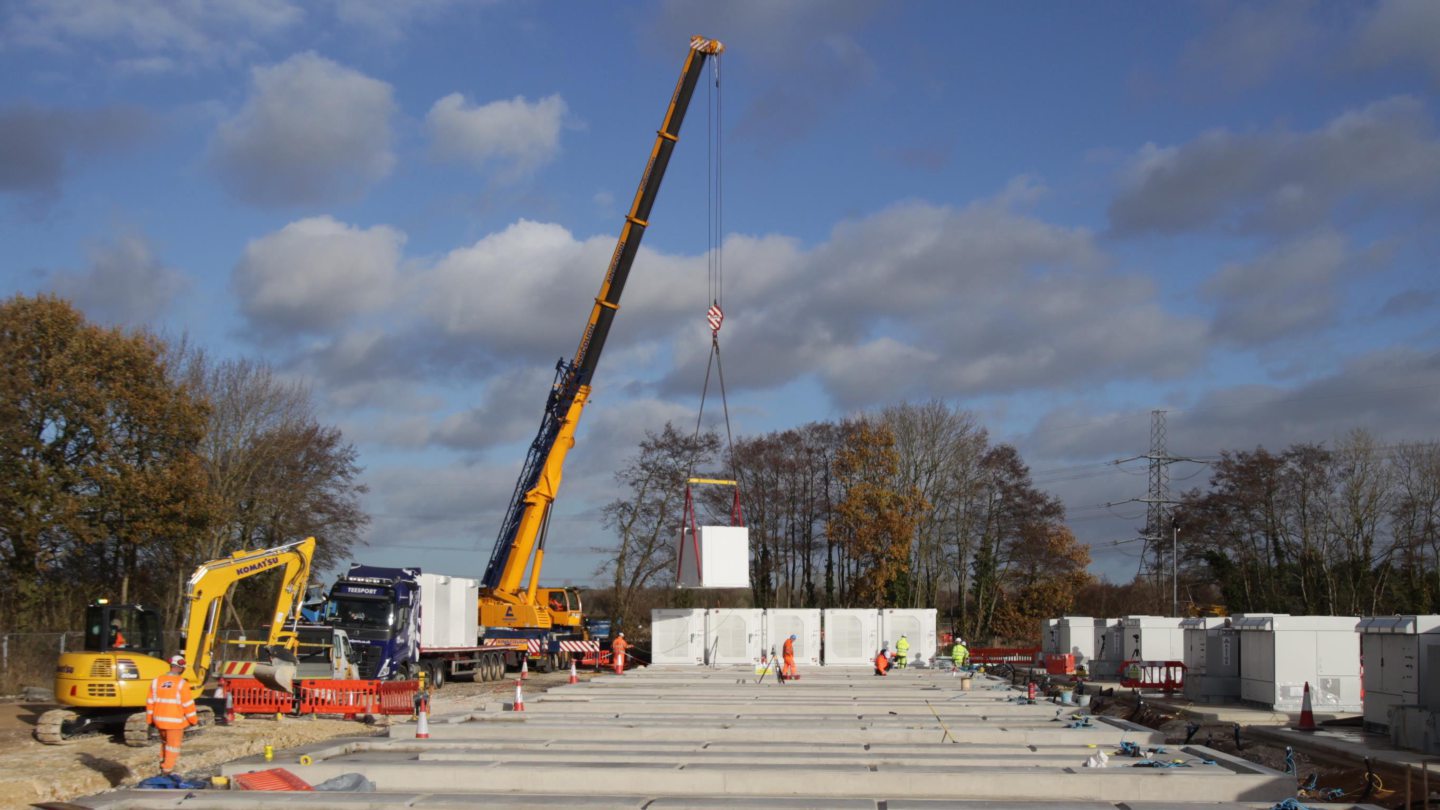 © Supplied by Statkraft
© Supplied by Statkraft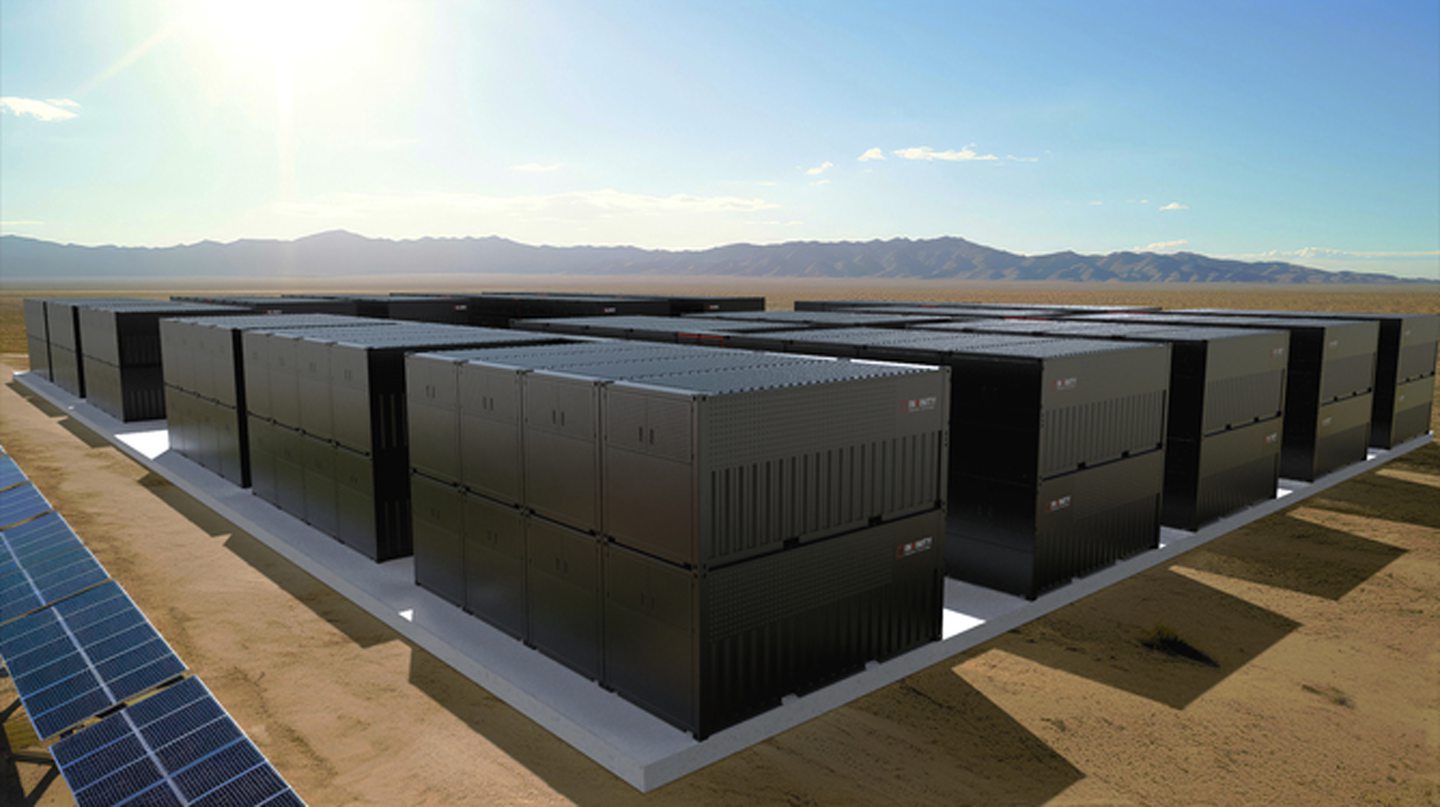 © Image: Invinity Energy Systems
© Image: Invinity Energy Systems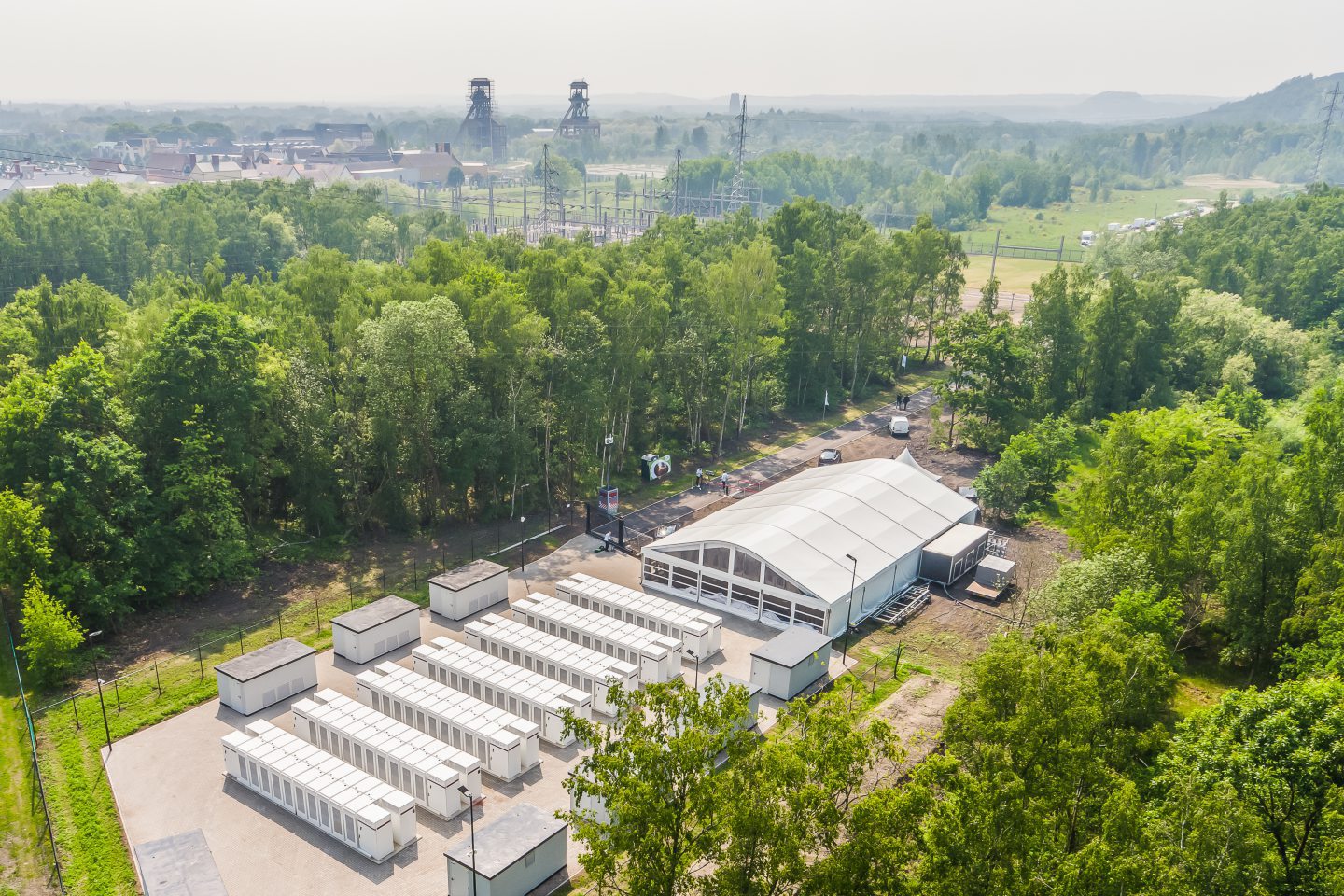 © Supplied by Centrica
© Supplied by Centrica